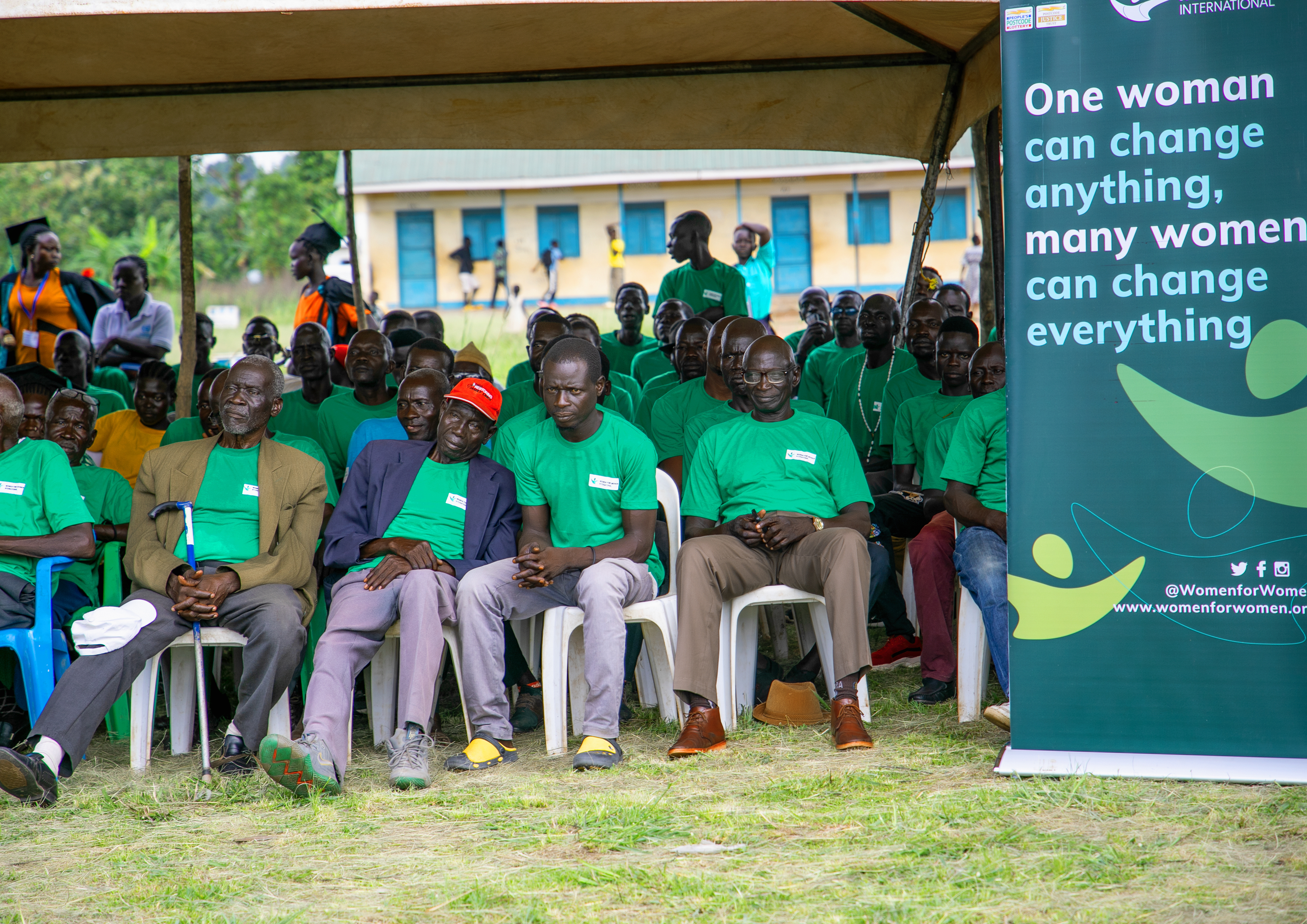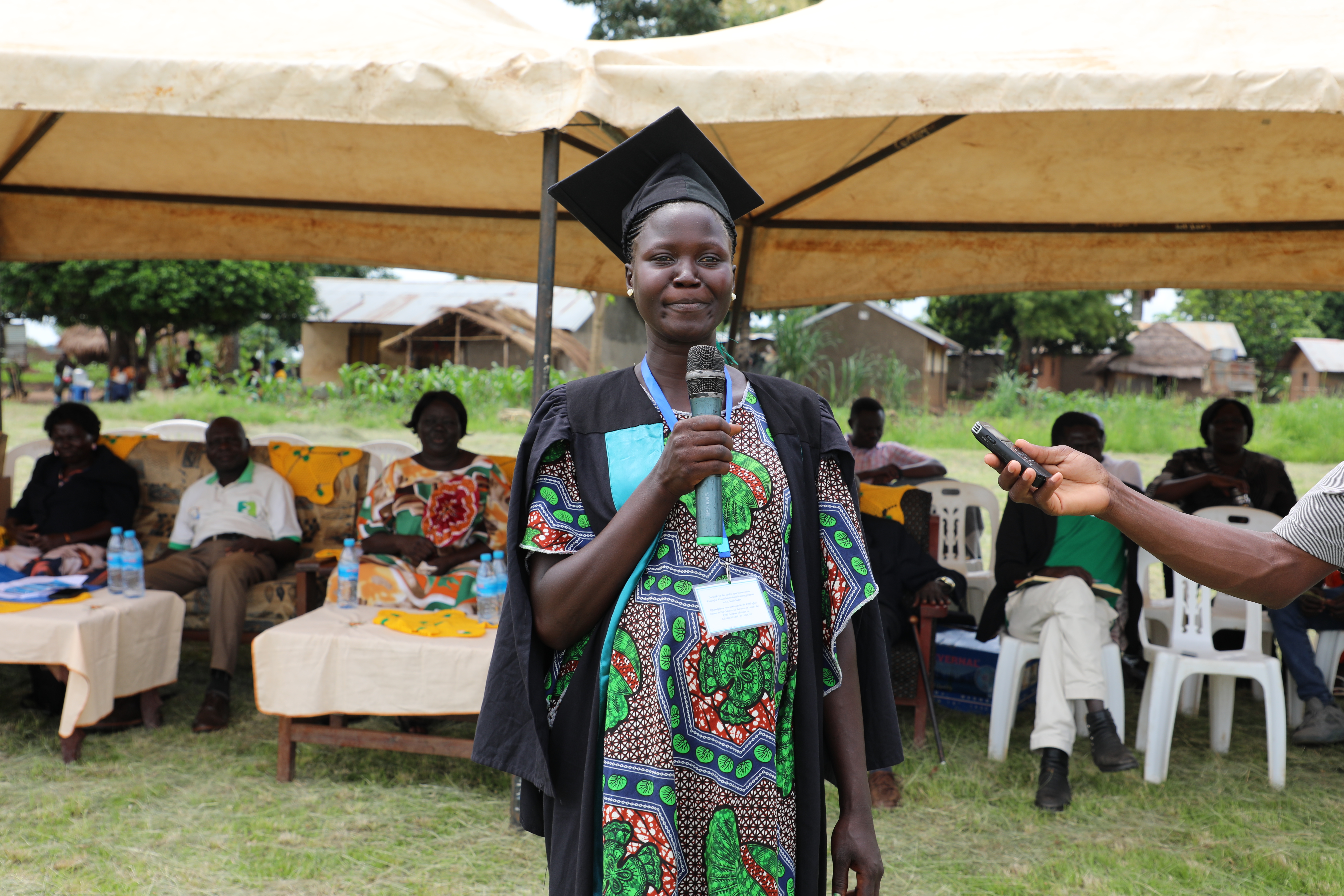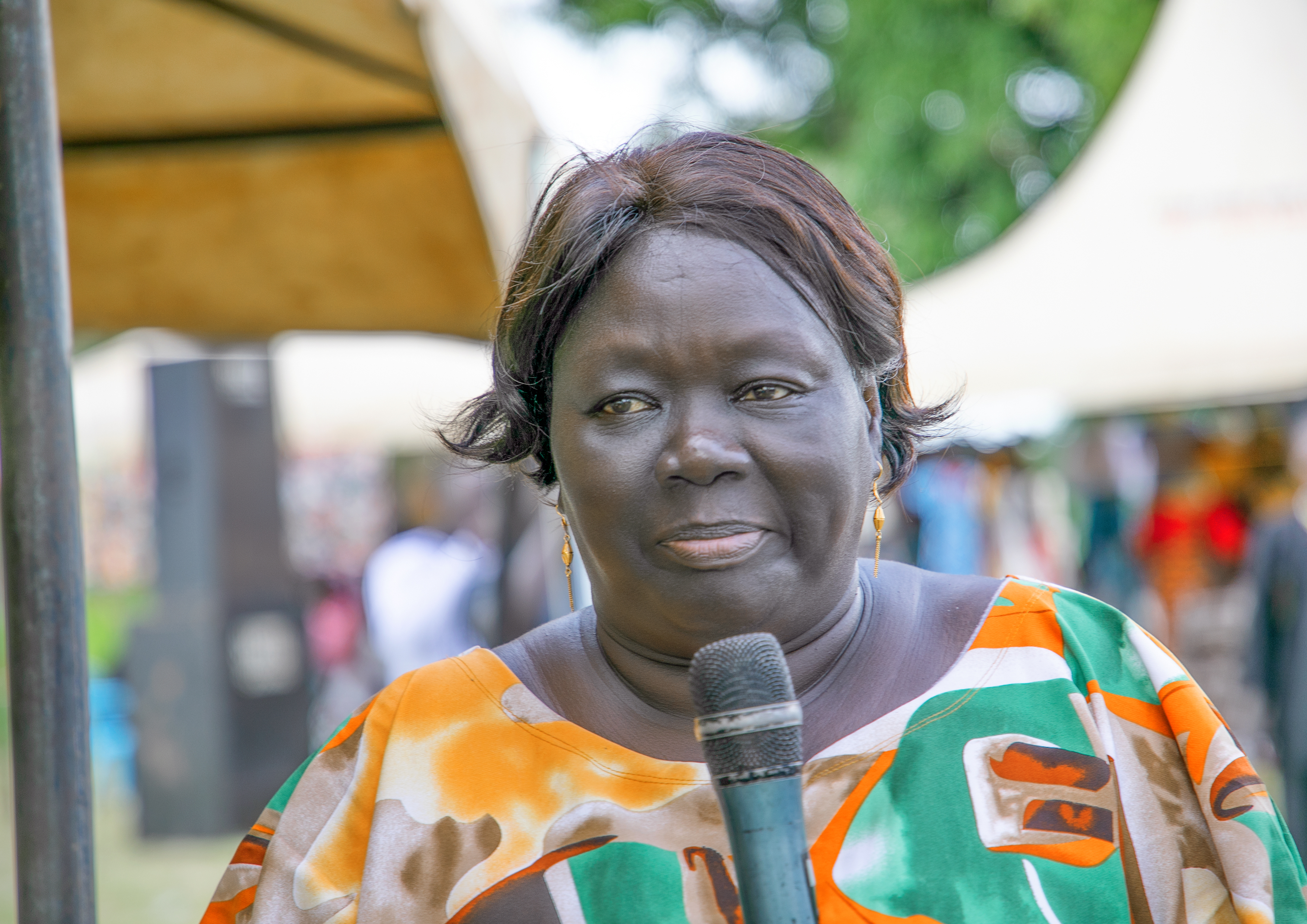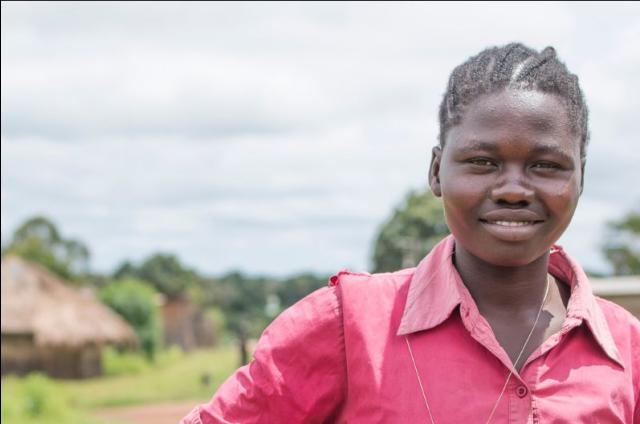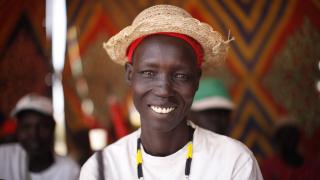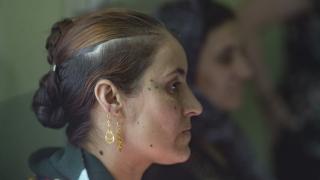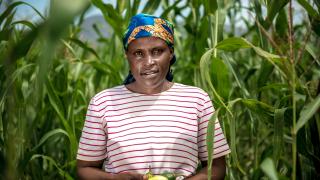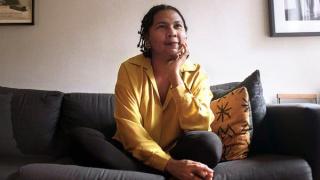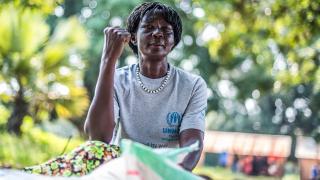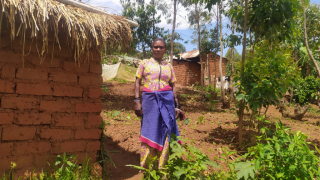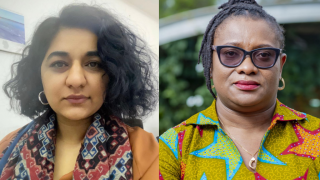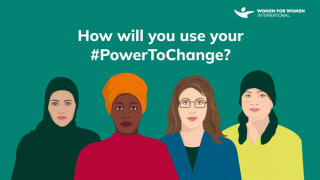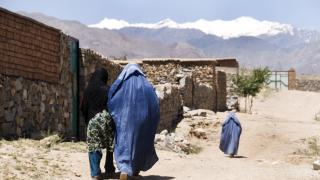Transforming Lives Together: Couples Connect in South Sudan
Transforming Lives Together: Couples Connect in South Sudan
Women for Women International is helping families transform their lives by fostering teamwork, financial independence and modern farming techniques - by piloting agricultural vocational training for couples
This innovative approach is part of our revised Men's Engagement Programme curriculum and encourages couples to work together, ensuring a better future for their families.
Here’s how the Couples Connect sessions are making a difference in Betty's life, and many others:
Betty's journey
moving forward after displacement
Displaced from her village during the 2016 crisis in South Sudan, Betty moved to the Ronyi Boma administrative division in Yei River County with her husband and their three children.
We lacked food, the children were constantly sick due to poor nutrition, and they often missed school.
To make ends meet, Betty borrowed money, sold firewood and opened a small restaurant. Farming, her true passion, was yielding little with her traditional methods due to the poor land conditions.
In March 2023, everything changed when Betty and joined our Stronger Women, Stronger Nations programme and participated in the pilot sessions for couples.
This pilot initiative aims to evaluate if couples' vocational training can lead to stronger economic outcomes for women compared to women-only vocational training. In addition to the standard agricultural training, which includes modern farming methods, the couples’ training has been adapted to:
- Educate men and women together on how to think about gender-sensitive divisions of labour
- Promote the equitable management of resources
- Foster gender awareness and an understanding how an agricultural family business operates
Each participant received a monthly stipend, a grant upon graduation to start-up their agricultural business, and farming tools and seeds.
Betty’s story is a testament to the pilot's positive outcomes for women:
With the new farming skills acquired, my husband and I embarked on joint farming.
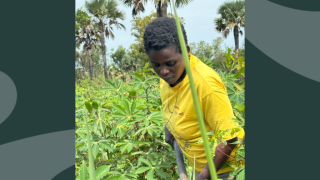
She continued, "He helped us get this large piece of land, and we applied all the new skills - from land preparation to harvesting and selling our products."
Today, my husband and I understand soil types, seasons and crop care. Our farm is thriving.
Betty's garden produce is sufficient to sustain her and her family, put her children through school and save for future needs.
She shared: "In my most recent harvest, I collected 4 basins of onions, 3 bags (50 kg) of peanuts, four basins of peas, and 4 bags of cassava. I am also now great at farm product business."
I would never have managed even half of this without the training and support from Women for Women International.
Changing Perspectives: A Husband’s Story
Engaging men in women's rights and power
For the men joining our Couples Connect vocational agricultural training, these sessions form part of a wider Men’s Engagement Programme curriculum, which is helping change patriarchal traditional norms and the perspectives of men in the community.
We spoke to Mawa, a programme participant, who joined our Couples Connect pilot sessions with his wife. He admitted that he had been a traditional, authoritarian husband, and that our programme helped him become a more supportive partner. As the training progressed, he began to appreciate his wife’s contributions and says he learnt the value of working together.
Today, my wife is the major breadwinner, and I support her in every way I can.
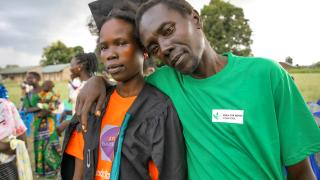
Mawa told us:
"In the programme, we learned about working together as a family, sharing responsibilities, communication in marriage, problem-solving and financial management.
Soon, I began to see reason in everything my wife was doing and I grew to appreciate her efforts in supporting me. Gradually, we started communicating again, and we would talk about business, farming and our family.
I started supporting her business, and we started working together."
Couples Connect Pilot: inital impact
more than training
The Couples Connect vocational training pilot, paired with our wider Stronger Women, Stronger Nations and Men's Engagement programming, appears to be leading to positive outcomes for couples in South Sudan.
We are in the process of conducting an internal evaluation that will be published later in the year to fully assess the success of the pilot approach. For the time being, this initiative is empowering couples to work together to:
- Enhance family unity: Couples learn to communicate effectively and share responsibilities, strengthening their family bonds.
- Promote financial independence: Participants gain financial management skills and receive grants to start or expand their businesses.
- Encourage modern farming techniques: Couples are trained in modern, practical farming methods to improve crop yields and food security.
- Foster community development: As families thrive, entire communities benefit from increased stability and economic growth.
Betty and Mawa’s stories highlight the impact of this new pilot in South Sudan.
Women for Women International is committed to engaging more couples in South Sudan and beyond. It is with thanks to our global community of supporters that this vital work is possible, helping families build a better future together.
keep reading
Have you ever been inspired to fundraise for Women for Women International, but felt daunted by the prospect of having to raise the funds? You're not alone.
Globally, femicide is the leading cause of premature deaths of women. Audrey Mugeni, a member of our global Women for Women International global team, shares her expertise on the issue - which affects women in conflict and fragile states more than anywhere else in the world.
Iliriana Jaka Gashi, Director of Kosova – Women 4 Women, spoke to Gazeta Infokus about our work supporting women in Kosovo.
Following the UK Government's inquiry into extreme poverty, we set out the challenges the Government face to ensure their approach to extreme poverty meets the needs of marginalised women living in conflict-affected countries.
In honour of Women‘s History Month, we’re putting the spotlight on five iconic BIPOC women game-changers in history, and how we can carry on their legacy.
Today is International Women’s Day. It is 2022 and not a single country has achieved gender equality according to UN Women. Read what Women for Women International - UK's Managing Director, Sara Bowcutt, has to say on the matter.
INVEST IN THE POWER OF WOMEN THIS MARCH
subtitle:
This Women’s History Month, harness your #PowerToChange by investing in these values-led brands and help to change the world, one woman at a time. From fashion to homeware to food, we are proud to work with partners that reflect the skills learnt by women in our programmes.
This International Women's Day, here are six ways you can harness your #PowerToChange to improve the world for women everywhere.
In the Democratic Republic of Congo, restrictive gender norms make it difficult for women to purchase land in their own name. Read Gorette, Furaha and Gentille's stories - three of our programme graduates who have defied the odds and now help other women to do the same.
Meet Chro and Buki
subtitle:
Women have the #PowerToChange the world. We see it happen all the time. In the face of inequality and conflict, women make small, positive changes which in time have a lasting impact on their families, on their communities and on society as a whole. Meet Buki and Chro, two members of our global team who are using their power to create a ripple effect of change.
On International Women’s Day 2022, we want to elevate the voices of the changemakers in the countries we work. These are women who are demonstrating their #PowerToChange social norms and are committed to creating a ripple effect for generations to come. Meet Khalida, Latifa and Zainab - women in our global team who have shared their inspiration, changes they've seen, and their hopes for the future.
Update and how your support continues to make a difference for women in Afghanistan as we resume our programmes.

